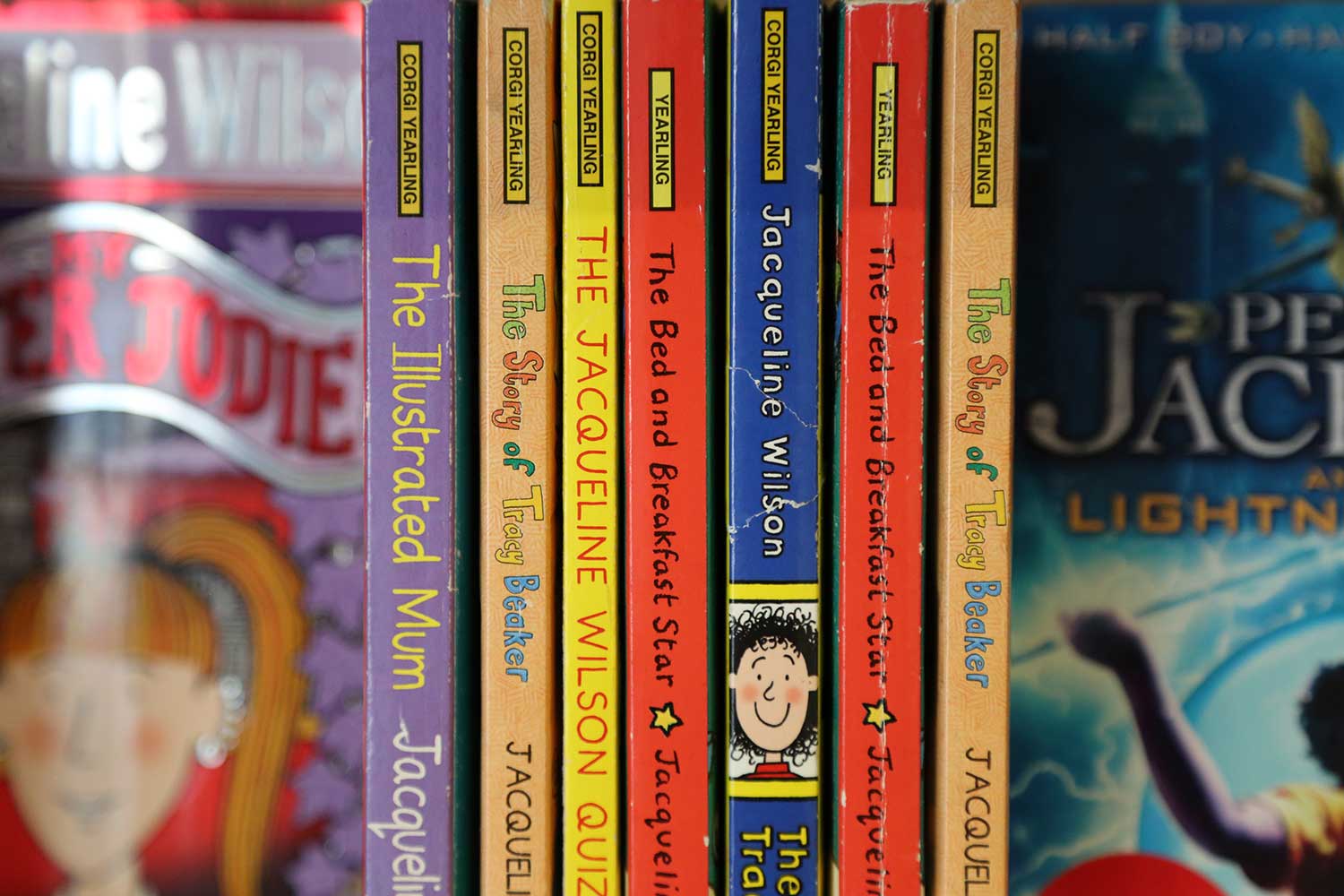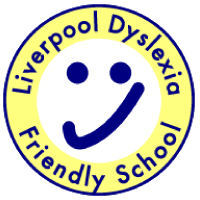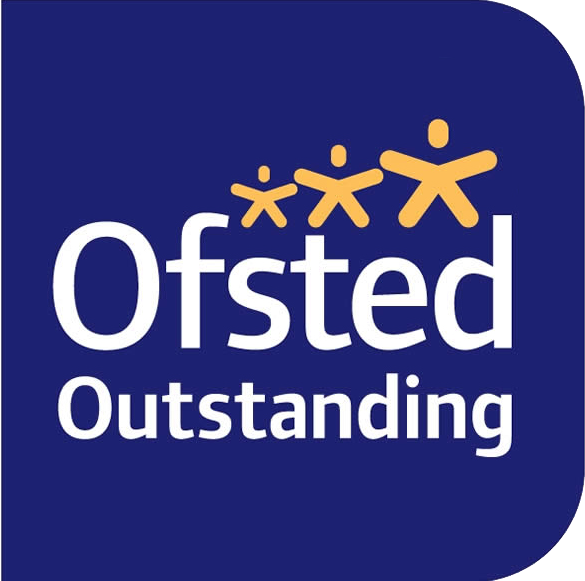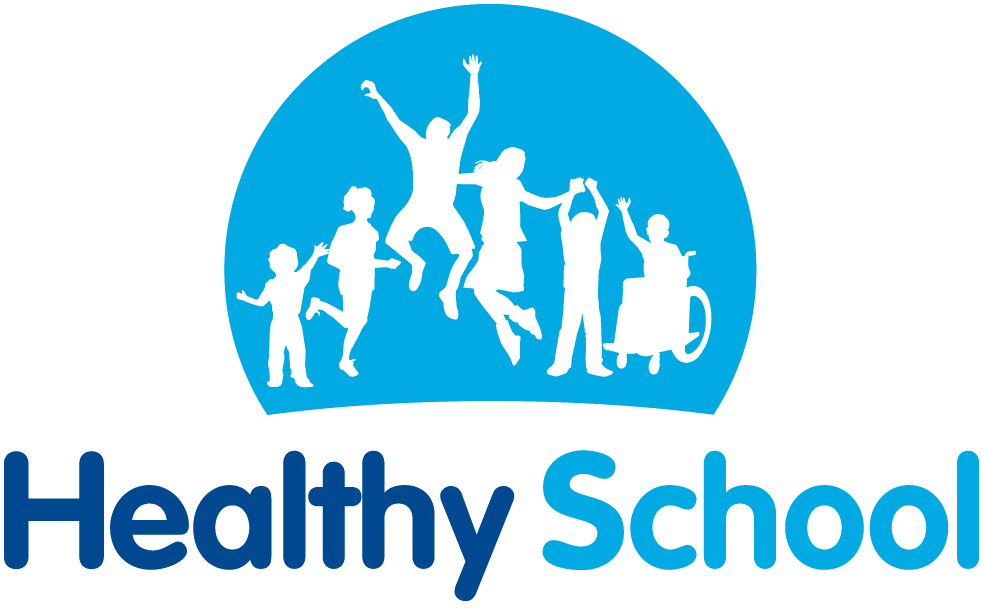Vision
At Bank View, we provide a stimulating and challenging English curriculum that prepares our pupils for life beyond our school and for the ever-changing world in which they live. We believe that a love for reading culture is central to learning, every child should have the opportunity to read for pleasure. We strive to encourage our pupils to become independent, enthusiastic and lifelong learners who can communicate their ideas and emotions well.
Intent
It is our intent at Bank View to provide children with a high-quality education in English that will teach children to speak, read and write fluently so that they can communicate their ideas and emotions to others effectively. Our English curriculum revolves around high-quality texts to inspire discussion, support the development of reading and provide writing opportunities within each theme. We take every opportunity to immerse the children in engaging pupils through drama, role-play, storytelling, art, music and discussion and aim to foster a love of reading that will last a lifetime. We firmly believe that reading feeds children’s imagination. We also believe that every child should be given the tools to develop into an enthusiastic and confident reader both at home and at school. Reading improves language and vocabulary, inspires imagination and allows everyone to develop and foster new interests. Our teaching of writing aims to enable children to enjoy using language in different contexts and have the confidence and ability to do so.
We intend to enable our children to:
- Become confident in the art of speaking and listening, engaging in debate and making formal presentations to others to demonstrate their understanding.
- Participate fully in active peer discussion to further their learning.
- Read easily and fluently, developing comprehension skills
- Develop the habit of reading widely and often, for both pleasure and information.
- Appreciate our rich and varied literary heritage.
- Acquire a wide vocabulary and appreciate the linguistic conventions and differences in reading, writing and the spoken word.
- Develop a love of writing and be able to express their thoughts and ideas clearly and creatively, through the written word.
- Write accurately and coherently, adapting language and style for a range of contexts.
- Edit and re-draft effectively to improve the impact of their writing.
Implementation
Where it all begins…
In the EYFS Communication and Language underpins all seven areas of learning and development. The adults in our EYFS work with the children in the provision to encourage, facilitate and model high-quality talk. The development of vocabulary is a keen focus for us and staff highlight and model new vocabulary well. This is supported through a reading-rich environment where children are read to frequently and children engage with stories, non-fiction, rhyme and poetry with enthusiasm.
In years 1-6, English is taught daily across the department, the children are taught in a variety of groupings including both target and mixed target groups, with a high ratio of staff to children. English is taught as a subject in its own right and is developed further within the wider curriculum. The English curriculum has been planned carefully through our Progressions of Skills for both Reading and Writing and shows clear development from Year 1 to Year 6.
Phonics at Bank View
Monster Phonics is our whole school Phonics scheme. Monster Phonics is a DfE-validated child-centred phonics programme. We believe that our programme and approach to phonics will give our children the best opportunity to be successful with early reading as well as empower our teachers with excellent subject knowledge and high-quality planning and resources. This ensures children enjoy and get the most from their phonics lessons.
It is a multi-sensory, multi-layered approach to the teaching of phonics, by using a colour-coded system complete with 10 Monster characters to create interest and engagement from the children.
Monster Phonics has a clear philosophy:
- Colour-coded to support memory and facilitate understanding.
- Monster sound cues and actions to support memory and increase engagement.
- Rapid teaching of graphemes, and grammatical rules HFW and CEW to improve reading fluency and access to the curriculum in all areas.
- Consolidate and apply learning in meaningful and purposeful ‘real’ contexts.
- Formative assessment provides opportunities to quickly identify those children who need additional support to keep up.
- Phonics is delivered in a whole class format where appropriate. Staff systematically teach learners the relationship between sounds and the written spelling patterns, or graphemes, which represent them. Children have regular reading sessions with an adult to ensure that children are regularly practising and applying their phonics knowledge. Teachers regularly assess the pupil’s phonics knowledge using the planned Monster Phonics assessments.
- Regular and efficient monitoring of children’s development in phonics is essential if they are to become competent and confident readers, and subsequently writers. The Monster Phonics programme has a mapped-out set of assessments which allows for checking children’s grapheme-phoneme correspondence (GPC), knowledge of High-Frequency Words (HFWs) and Common Exception Words (CEWs) for reading and writing.
- More information about our scheme can be found on the Monster Phonics website:
Reading skills at Bank View
All children will be allowed to read aloud, listen to texts read by a teacher regularly and develop their ability to discuss what they have heard constructively. All adults model high expectations of discussion, enjoyment and pleasure in reading, and a desire to learn and experiment with new and unfamiliar vocabulary.
Throughout the school, teachers plan a wide range of activities linked to focus texts books to ensure that the decoding and comprehension skills needed for reading, and the technical skills needed for writing are given a purpose. Spelling, punctuation, grammar and phonics are taught explicitly as well as through whole-class texts. Through reading and interactive discussions, classes cover skills such as identifying keywords and elaborating on them to enhance meaning; learning new vocabulary; generating questions and inferences; and summarising or re-telling extracts in different ways to emphasise the gist.
Oracy skills at Bank View
Oral story-telling underpins much of our teaching of reading and writing. Every culture has its oral traditions and stories, used to communicate beliefs, share information, provide social cohesion and give pleasure. Through story-telling children gain confidence in the use of language, structuring ideas, sentences and stories, and in speaking in front of an audience.
We strive to create a language-rich environment and seek to maximise the quality of conversations that children have with both adults and their peers each day. We appreciate that our children need to learn the routines of back-and-forth talk, through skills of listening to and talking with a partner as well as giving feedback to the group. Alongside maintaining this practice day to day, we have a dedicated Speech and Language Therapist who provides both individual coaching for children, as well as support for the teaching team.
We want to inspire children to be confident in the art of speaking and listening and use discussion to communicate and further their learning. Oracy skills are continually being used throughout the curriculum, opportunities are threaded into lessons. Through this, children will learn the devices and techniques to best present their point of view and contribute effectively to discussion and debate.
Writing at Bank View
Children in the early stages of writing use a writing programme called ‘Squiggle’. Squiggle uses neurological and physiological movements to create marks. Is a developmental approach to early writing. In the final stage of the Squiggle, Programme children are taught letter formation and cursive.
Developing children as positive and confident writers is embedded throughout the school, and is a value which we all hold dear for their futures. As the pupils move through the house they use high-quality text drivers in all year groups to broaden children’s exposure to literature and to drive the writing curriculum. We take our children through a writer’s journey by first introducing them to new genres. Then gathering ideas, having discussions and giving the writing a sense of purpose. Before finally, drafting and creating their final versions.
The teaching of English should enthuse, engage and motivate children to learn and foster their curiosity and enthusiasm for learning. We want our children to have no limits to what their ambitions are and grow up wanting to be writers, editors, librarians, poets, news reporters or journalists.
Grammar, Punctuation, Spelling and Vocabulary
The importance of grammar, punctuation, spelling and vocabulary cannot be underestimated. We recognise the importance of using a variety of approaches to the development of spelling including multi-sensory tasks, phonics, investigations, mnemonics and so on.
Grammar, punctuation and spelling can be taught both as discrete sessions and as part of a wider context in an English lesson
Impact
The impact on our children is sustained and steady progress made by all children who are settled in their learning behaviours, and who are developing transferable skills which they will establish for life. We are so proud of the success our learners achieve by the end of their primary journey, and how well this prepares them for their transition to secondary school. We hope that as our children move on from primary to further their education, their creativity, passion and high aspirations for English will travel with them, and continue to flourish.
Our smaller class teaching for English allows careful formative assessment to flow through all lessons. Children’s knowledge, application and understanding of skills are carefully monitored, allowing timely feedback to be given and informed changes, if necessary, to be made. All adults contribute to the knowledge of each child’s attainment, their next steps and their talents to enable effective support, intervention and opportunities to deepen understanding.








